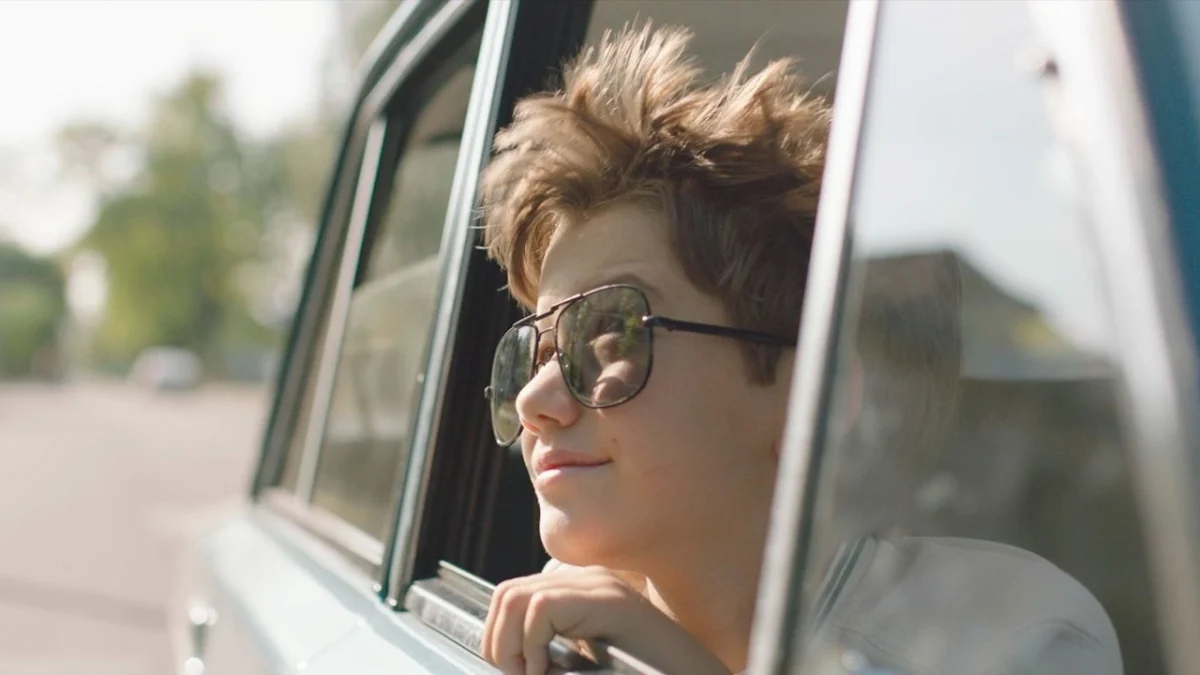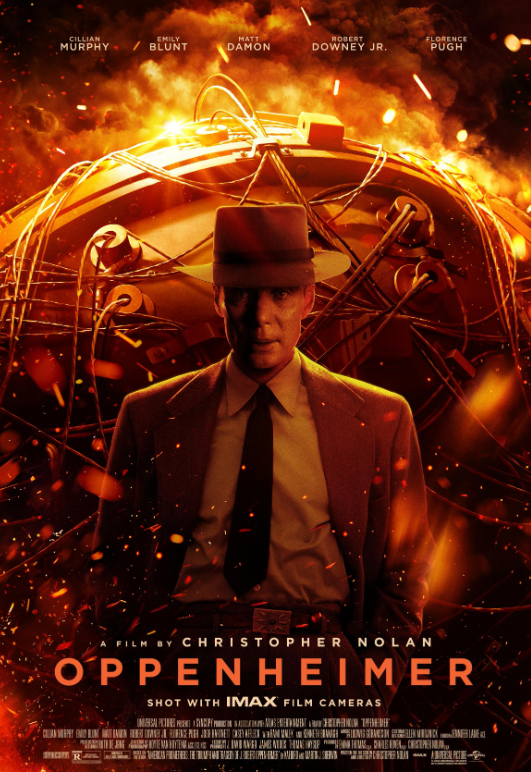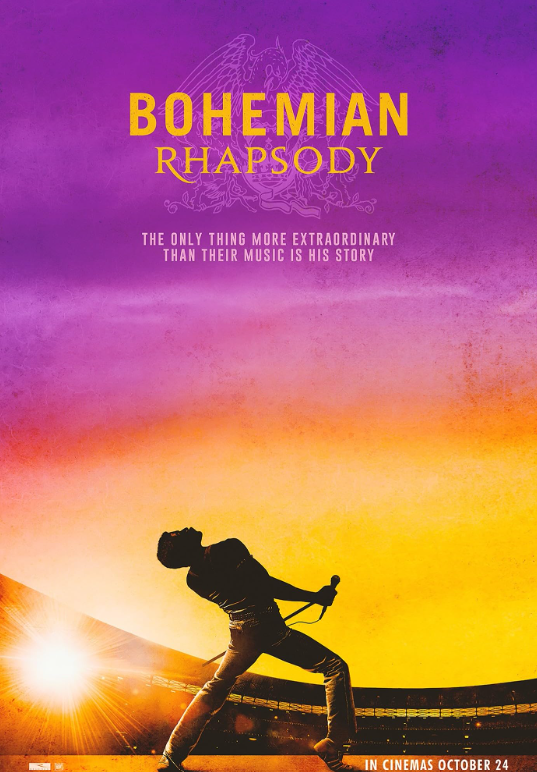If you’re looking for more than a gory slasher flick this Halloween, look no further than the psychological subgenre of horror. In lieu of many liters of fake blood, psychological horror opts for a subtle and insidious route at terrifying the audience: the character’s own psyche.
Psychological horror films bend reality and the character’s perception of reality to drive them to and then across the brink of madness. Tension and suspense build from this exploration of the character’s mind, in ways that make other forms of horror seem cheap and tacky.
A classic psychological horror movie that deserves mentioning is Stanley Kubrick’s adaptation of “The Shining.” Released in 1980 and based on the Stephen King novel of the same name, the movie follows a writer that acts as caretaker for a Colorado hotel over the winter. Kubrick’s masterful directing forces the audience to question if it’s really the influence of the supernatural that drives the main character to try and murder his wife and kid, or is it merely cabin fever?
It’s one of the questions that horror directors continue to ask, exhausting the DSM (Diagnostic and Statistical Manual of Mental Disorders) many times over in the process: where is the line between reality and fantasy? Where’s the line between rationality and irrationality?
Another adaption of a Stephen King story, “1408” was released in 2007 from Swedish director Mikael Håfström. This psychological horror film revolves around a writer, who specializes in investigating haunted places, trying to survive more than an hour in a malevolent hotel room that’s determined to drive him to madness or death.
These films depart from your everyday, pedestrian horror movie in that the discomfort created in the audience comes not from a monster or copious amounts of gore and violence, but from tension and dread produced via a spooky atmosphere and deep-seated fears.
“Session 9” (2001) is a low-budget movie filmed at the Danvers State Mental Hospital in nearby Danvers. Despite being director Brad Anderson’s first psychological horror, the film provokes a deep, inescapable sense of lingering unsettling.
In one of the parallel narratives, contractors face tension between members of the team as they agonize to finish an asbestos removal job in the obviously terrifying environment of an abandoned mental hospital. This main narrative thread is intercut with an audio recording, the eponymous sessions detailing a former patient’s struggle with dissociative personality disorder.
Every horror movie utilizes a creepy soundtrack to amplify what’s pictured on screen, but “Session 9” turns the proverbial volume to 11. And while typically horror movies take place at night – relying on the audience’s fear of what they can’t see – “Session 9” takes place during the day, which does work to create an even deeper sense of unsettling in the viewer.
Psychological horror receives some criticism on account of its slow build.
But it’s that slow build that’s necessary to build that unsettling atmosphere and build, if not sympathy, at least a working knowledge of the characters. By leading on and baiting the audience, psychological horror movies delay the inevitable release of tension, teasing out the plot
and exploding the character’s (and audience’s) fears until the last possible moment. In this Adderall-addled age of quick fixes and soundbites, of YouTube and tabbed browsing, so much pulls away from investing our time in a film that takes its time to build, e.g., a slasher flick that leaps right into action. But that’s problematic, as the effect is cheaper, hollow and doesn’t last.
Even when you turn off a psychological horror film though, you can’t really get away – because from the repression to psychosis, it’s exploring the darker side of what makes you, you.
Tom Barnes can be reached at [email protected].












